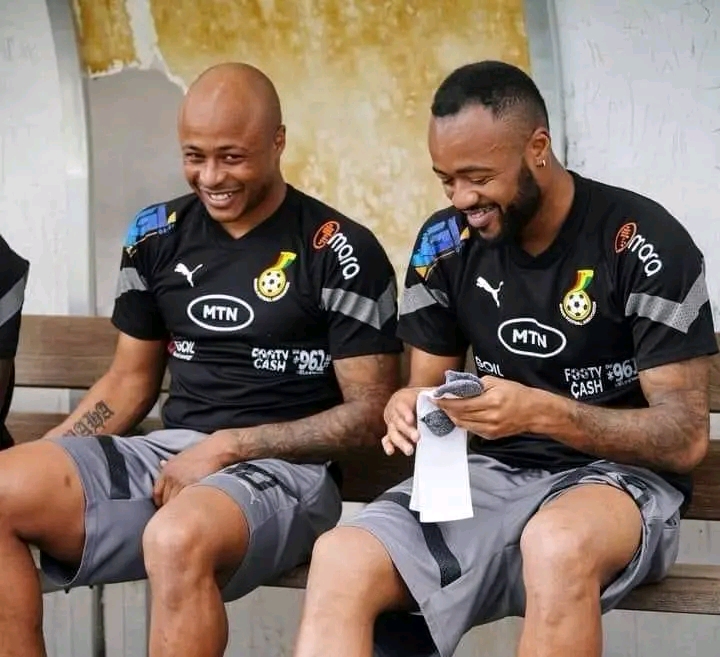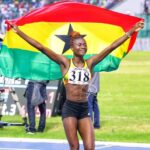Over the years, Andre and Jordan Ayew have been mainstays in the Black Stars setup, answering virtually every call to represent their nation.
From crucial World Cup qualifiers to lower-profile friendlies, the brothers have consistently made themselves available, underlining their commitment to the iconic Ghana jersey.
As Ghana plays two friendly matches against Nigeria and uganda this week, high-profile brothers are among the few regular starters who have reported for national duty, continuing their long-standing tradition of honoring virtually every call-up, be it a high-stakes World Cup qualifier or an exhibition match.
However, despite this enviable record of service, sections of the media have not shied away from questioning the Ayews’ dedication and passion for the national cause. The recent international window, which saw several players withdraw from the friendlies against Nigeria and Uganda, has reignited this debate.
“For the two international friendlies against Nigeria and Uganda, we have seen several players pulled out of the squad, yet no one talks about it.
“Could it be deliberate or because of the all-African games? We are watching,” a concerned fan observed on social media, pointing to the perceived double standards at play.
Despite their status as two of the most high-profile players in the national team setup, the Ayew brothers have seldom missed an opportunity to don the famous Black Stars jersey, be it a World Cup qualifier or an exhibition match.
Andre Ayew, Ghana’s captain, has amassed over 100 international caps since making his debut in 2007. His younger brother and vice-captain Jordan is not far behind with 81 appearances for the West African nation.
Their presence stand in stark contrast to the numerous withdrawals that depleted the Black Stars squad, leading to questions from some fans about the differing commitment levels of players when it comes to facing African opposition in friendly games.
Indeed, while the Ayew brothers duly report for national duty, the absences of some other players for the African opposition matches do not attract similar levels of scrutiny or criticism from the media. This begs the question – are the Ayews being unfairly targeted?
Their longstanding presence and leadership roles within the Black Stars setup arguably make Andre and Jordan bigger names and thus more viable targets for criticism. Similarly, any perceived missteps or subpar performances from their past could be contributing to lingering negative narratives about their commitment levels.
For players who have given so much to the national team over the years, such doubts around their passion and desire seem harsh and misplaced. As senior figures, higher standards are expected of the Ayew brothers. But a sense of perspective is also required from a section of the media that seems determined to question their dedication at every turn.
The duo continue to honour the national team call-ups, and it is up to more impartial voices to counter these potentially unfair narratives with reasoned analysis of their exemplary service over the years.









